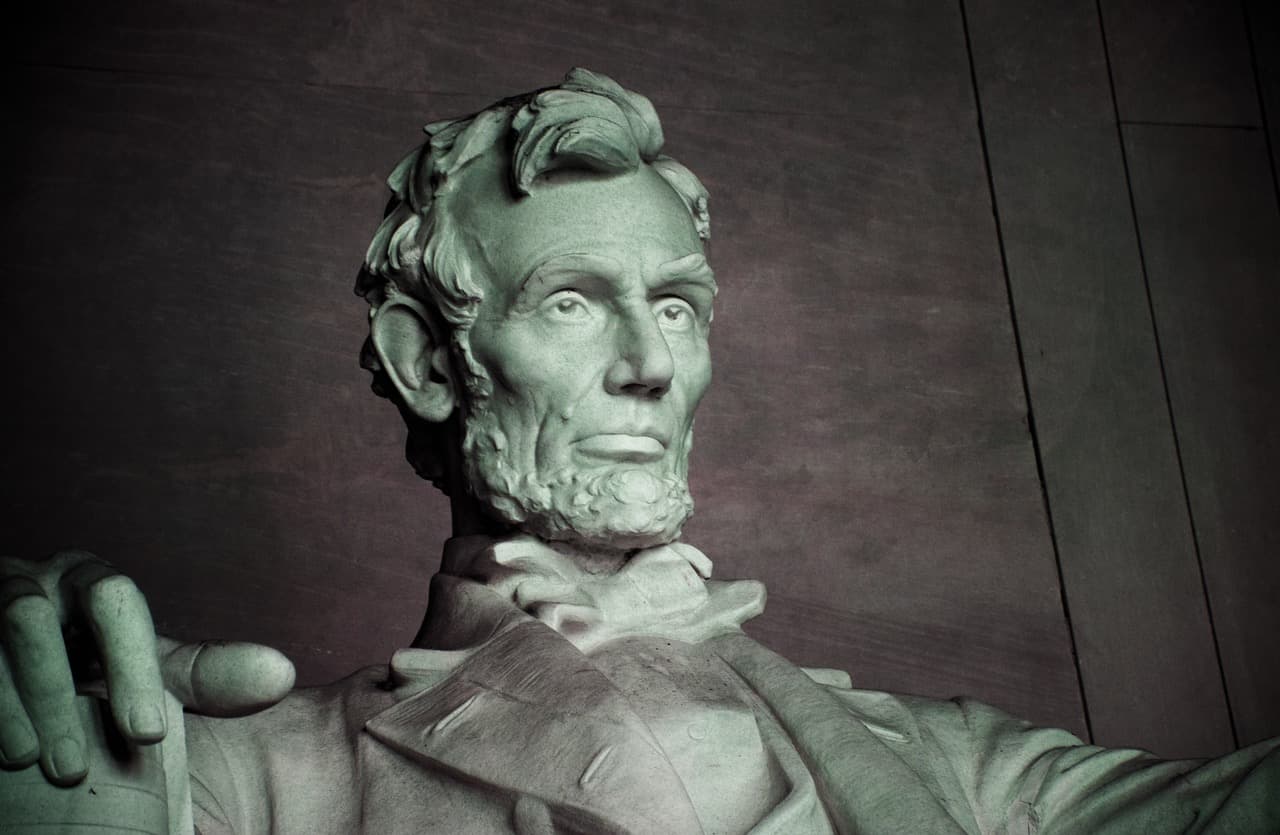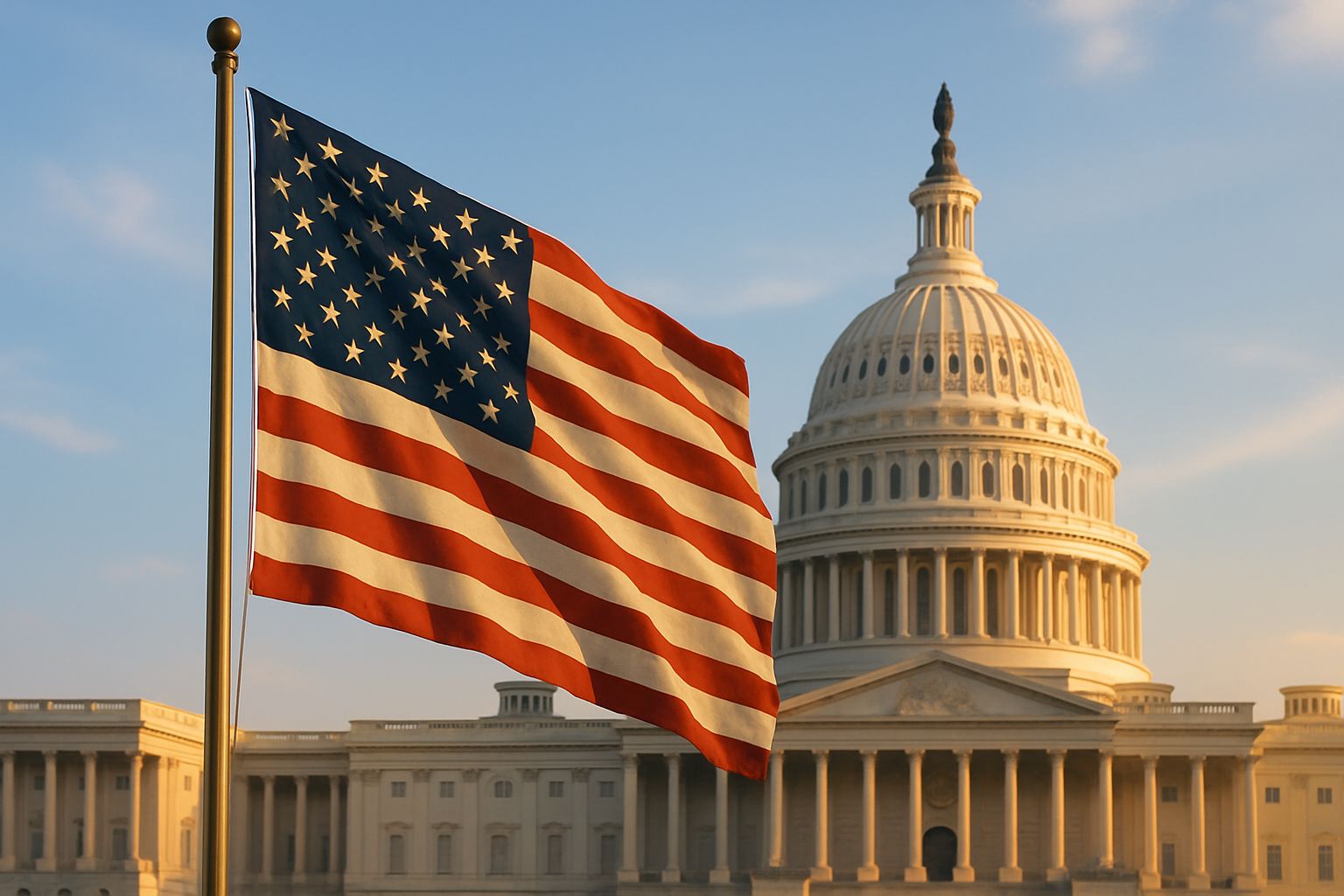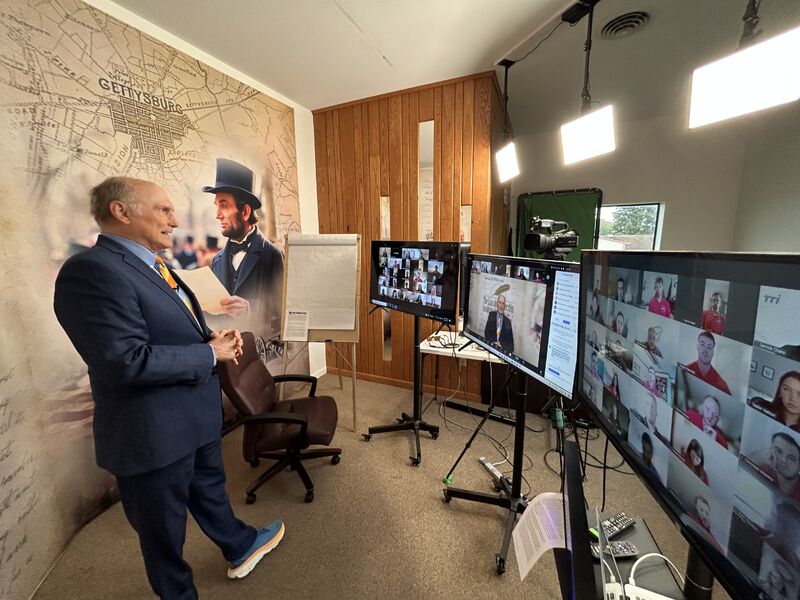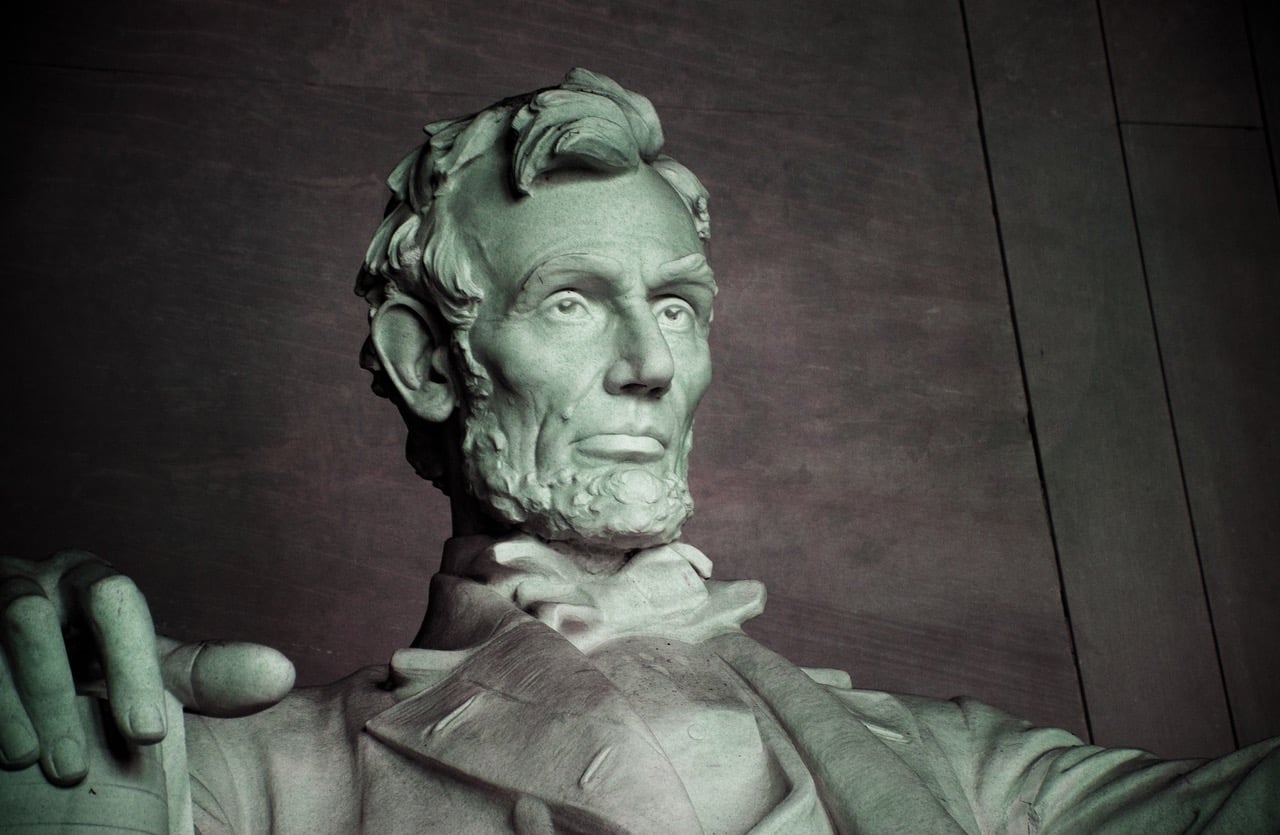
Journeying to Monticello
By Jared Peatman
Published on October 21, 2019
Earlier this month, we had the opportunity to put together a special session and extend our signature Journey program to a new location: Thomas Jefferson's Monticello. Back in the spring, we were approached by a past client who was organizing a meeting in Charlottesville, Virginia, and asked if we could offer his group a session with leadership insights from Thomas Jefferson.
It is always fun to try something new, so we agreed. We enjoyed a beautiful fall day at Monticello, and have to admit the views from Mr. Jefferson's "little mountain" might even beat those we regularly marvel at from Little Round Top in Gettysburg.
Jefferson's Ten Canons for Practical Life
In putting together the program, we came across some advice that Jefferson offered a young man in 1825. He called it "a decalogue of canons for observation in practical life." They are:
- Never put off till tomorrow what you can do today.
- Never trouble another for what you can do yourself.
- Never spend your money before you have it.
- Never buy what you do not want, because it is cheap; it will be dear to you.
- Pride costs us more than hunger, thirst, and cold.
- We never repent of having eaten too little.
- Nothing is troublesome that we do willingly.
- How much pain have cost us the evils which have never happened!
- Take things always by their smooth handle.
- When angry, count to 10 before you speak; if very angry, 100.
For advice that is nearly 200 years old, this list holds up pretty well!
Modern Leadership Applications
Jefferson's ten principles offer remarkable guidance for today's leaders:
Personal Productivity (Canons 1-2)
- Procrastination is timeless - The tendency to delay important tasks hasn't changed in 200 years
- Self-reliance builds strength - Taking on challenges yourself develops capabilities you can't get by delegating everything
Financial Wisdom (Canons 3-4)
- Cash flow discipline - Living within your means applies to personal finances and organizational budgets
- Value over price - The cheapest option often costs more in the long run through quality issues or poor fit
Emotional Intelligence (Canons 5, 7, 9-10)
- Pride as a liability - Ego often costs more than it's worth
- Attitude shapes experience - Willing engagement transforms difficult tasks
- Perspective matters - Finding the positive angle in challenging situations
- Emotional regulation - Counting to ten (or one hundred) before responding prevents regrettable decisions
Stress Management (Canons 6, 8)
- Moderation wisdom - Less is often more, whether in consumption or commitment
- Worry about real problems - Most of our anxiety focuses on things that never happen
Questions for Modern Leaders
Reflecting on Jefferson's wisdom:
-
What are you putting off that you could tackle today? What's the real cost of delay?
-
Where are you over-relying on others for things you could do yourself? What capabilities might you be missing?
-
How disciplined are you with resources - financial, time, or attention? Where are you spending before you have?
-
What "cheap" solutions have cost you more in the long run? How do you evaluate true value?
-
When has pride cost you more than admitting ignorance or asking for help would have?
-
What willingness could you bring to currently difficult tasks? How might your attitude change your experience?
-
How much energy do you spend worrying about things that may never happen? What would you do with that energy redirected?
-
What's the "smooth handle" on your current challenges? How can you approach them more positively?
-
How quickly do you respond when triggered? What would change if you consistently paused before reacting?
The Timelessness of Wisdom
What strikes us most about Jefferson's decalogue is how little human nature has changed. The challenges of procrastination, financial discipline, emotional regulation, and perspective management are as relevant in 2019 as they were in 1825.
The fundamental questions leaders face remain constant:
- How do we manage ourselves effectively?
- How do we make good decisions under pressure?
- How do we maintain perspective during difficult times?
- How do we balance self-reliance with appropriate collaboration?
Extending the Journey
Our experience at Monticello reinforced something we've learned from years at Gettysburg: historical sites offer unique environments for leadership reflection. The combination of beautiful settings, historical significance, and timeless wisdom creates powerful learning experiences.
Whether standing on Jefferson's mountaintop or walking the fields of Gettysburg, these places remind us that leadership challenges are enduring. The specific circumstances change, but the fundamental human elements of leadership remain remarkably consistent.
The View from the Mountain
Jefferson chose his "little mountain" carefully - it provided perspective, beauty, and inspiration. As leaders, we all need our own versions of Monticello: places and practices that help us step back, gain perspective, and remember timeless principles.
Jefferson's ten canons offer a simple framework for daily leadership decisions. They're not complex theories or sophisticated models - just practical wisdom that has stood the test of time.
In our complex modern world, sometimes the best guidance comes from the simplest sources. Two hundred years later, Jefferson's advice remains as practical as ever.
What would change in your leadership if you lived by these ten principles for the next thirty days?




